- Konferencijos
- Mokslinė veikla
- Leidiniai
- Doktorantūra
- PODOKTORANTŪROS STAŽUOTĖS
- Konkursai ir atestacijos
-
Kronika
- 2024 m. lapkričio 21–22 d.
- 2024 m. lapkričio 9 d.
- 2024 m. lapkričio 7-8 d.
- 2024 m. spalio 2 – 3 d.
- 2024 m. rugsėjo 26 d.
- 2024 m. liepos mėn. 1–4 d.
- 2024 m. rugsėjo 20 d.
- 2024 m. birželio 19 d.
- 2024 m. gegužės 16-17 d.
- 2024 m. balandžio 27 d.
- 2024 m. balandžio 4–5 d.
- 2023 metai
- 2022 metai
- 2021 metai
- 2020 metai
- 2019 metai
- Titulinis
- Kronika
- 2023 metai
- 2023 m. rugsėjo 7 d.
2023 metai
- 2024 m. lapkričio 21–22 d.
- 2024 m. lapkričio 9 d.
- 2024 m. lapkričio 7-8 d.
- 2024 m. spalio 2 – 3 d.
- 2024 m. rugsėjo 26 d.
- 2024 m. liepos mėn. 1–4 d.
- 2024 m. rugsėjo 20 d.
- 2024 m. birželio 19 d.
- 2024 m. gegužės 16-17 d.
- 2024 m. balandžio 27 d.
- 2024 m. balandžio 4–5 d.
-
2023 metai
- 2023 m. gruodžio 8 d.
- 2023 m. gruodžio 1 d.
- 2023 m. lapkričio 16–17 d.
- 2023 m. lapkričio 4 d.
- 2023 m. spalio 27 d.
- 2023 m. rugsėjo 26-27 d.
- 2023 m. rugsėjo 22-23 d.
- 2023 m. rugsėjo 7 d.
- 2023 m. gegužės 30 d.
- 2023 m. gegužės 25-26 d.
- 2023 m. gegužės 19-20 d.
- 2023 m. gegužės 12 - 13 d.
- 2023 m. kovo 15 d.
- 2022 metai
- 2021 metai
- 2020 metai
- 2019 metai

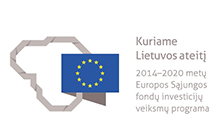
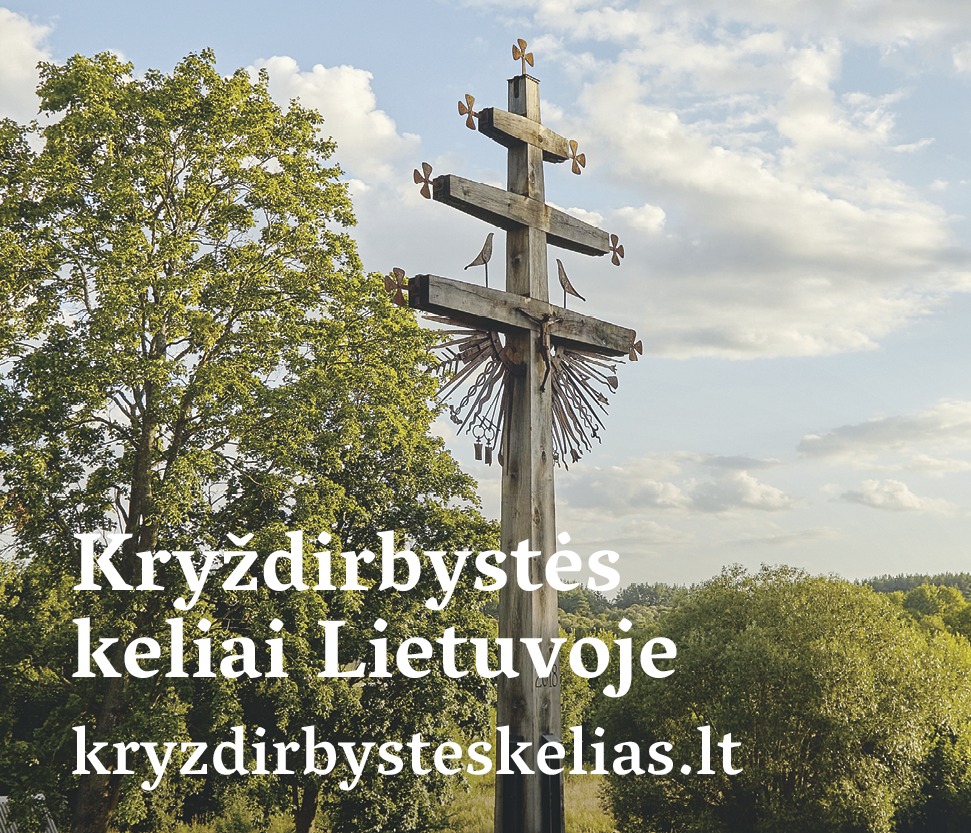
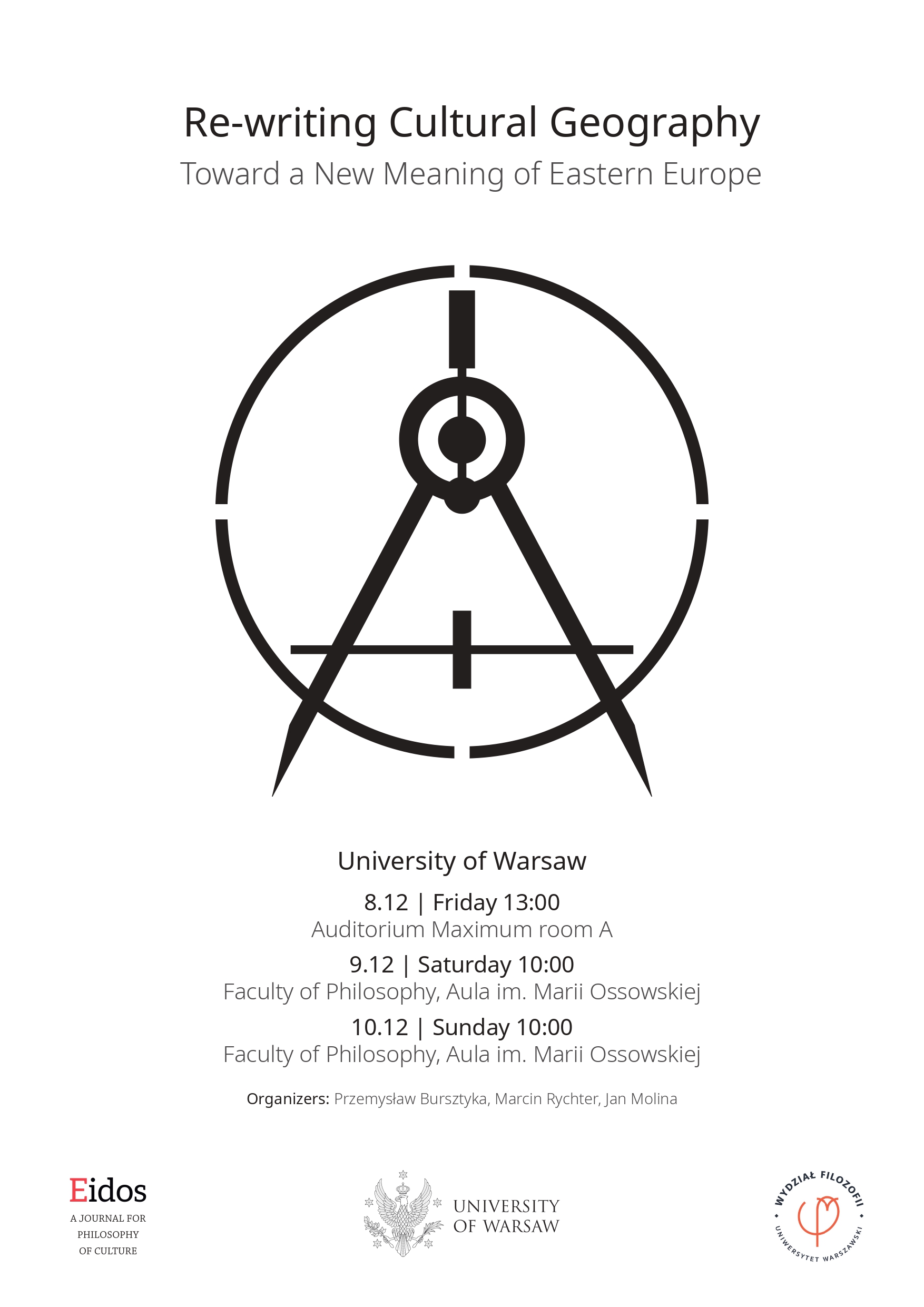
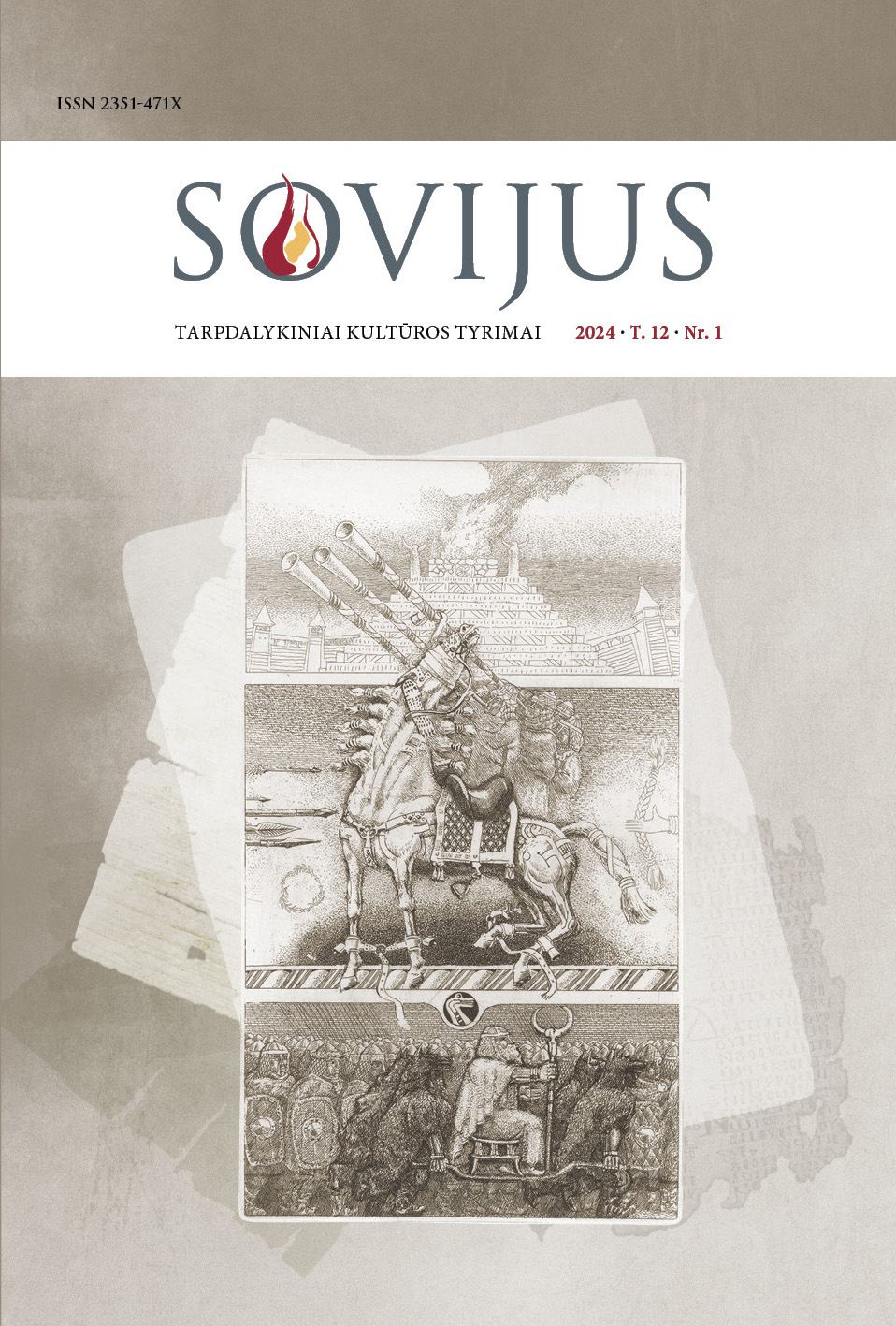
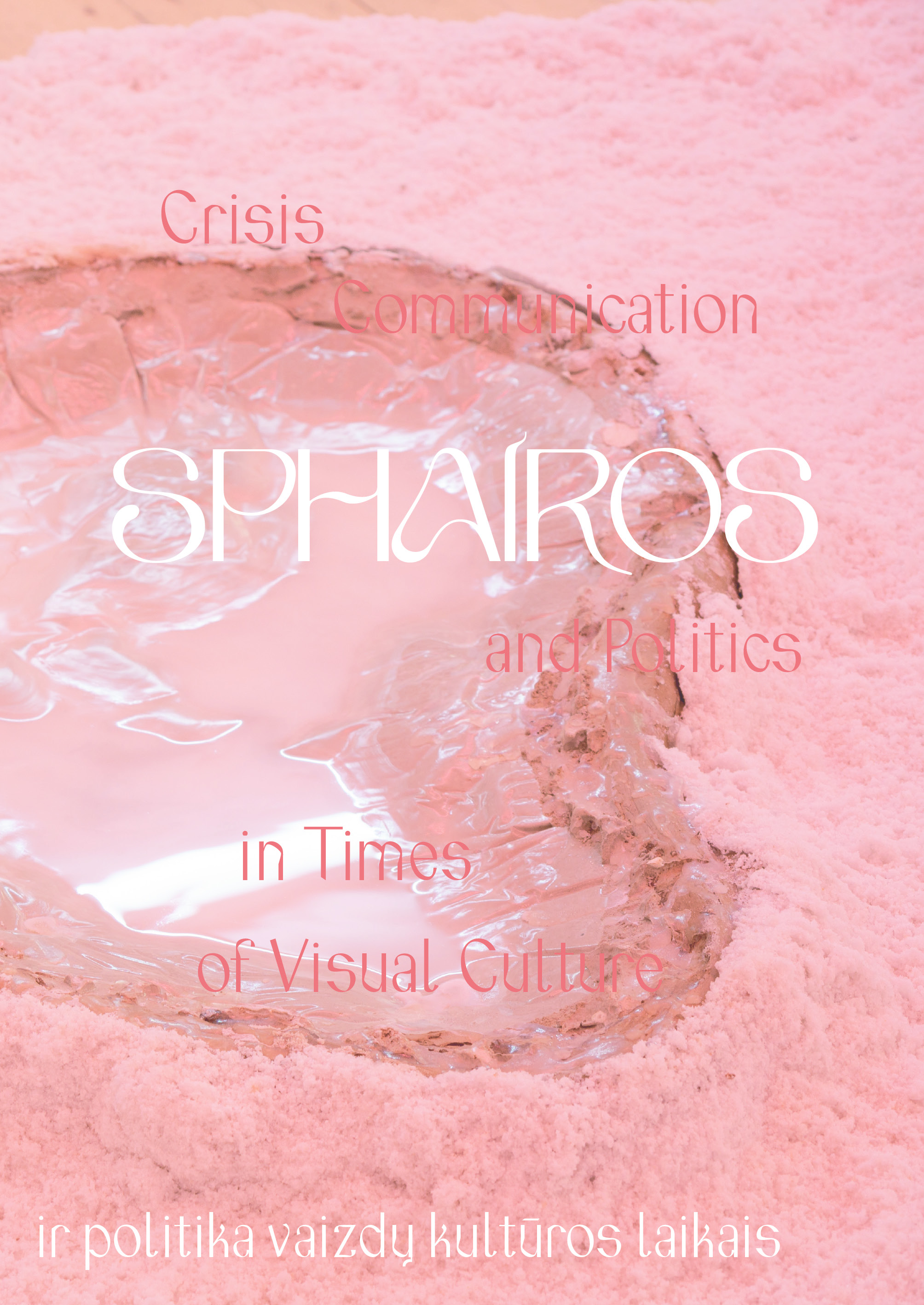
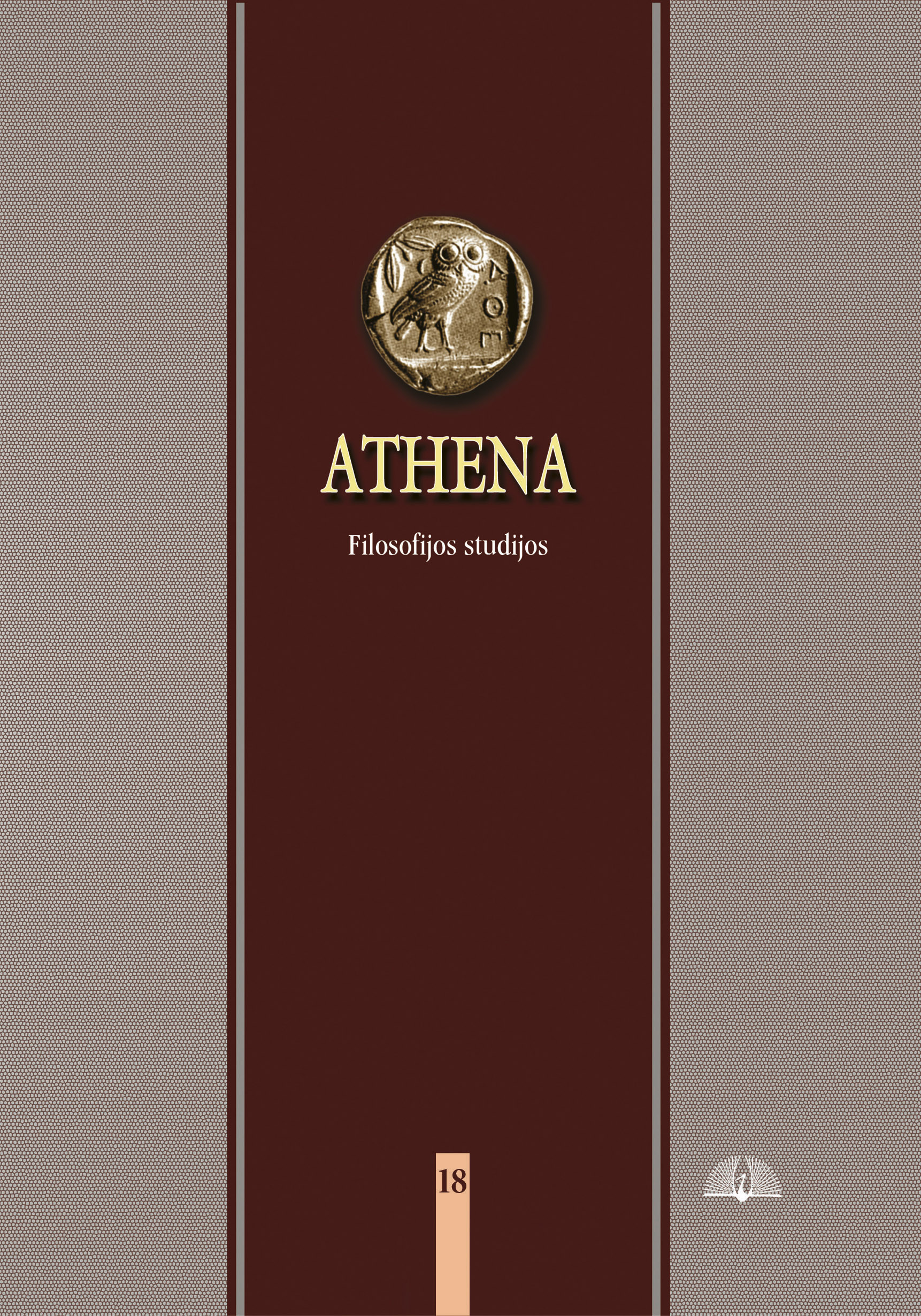

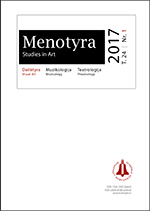

Adresas: Saltoniškių g. 58,
LT-08105, Vilnius
Į. k. 111961791
Tel./faks. +370 5 275 1898
El. paštas: LKTI@LKTI.LT

